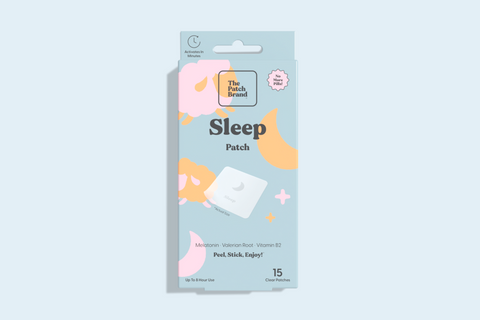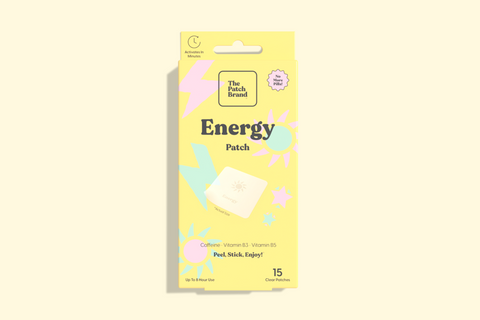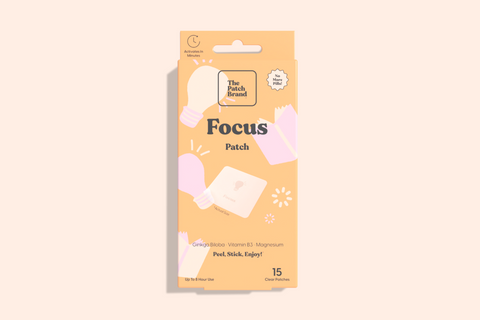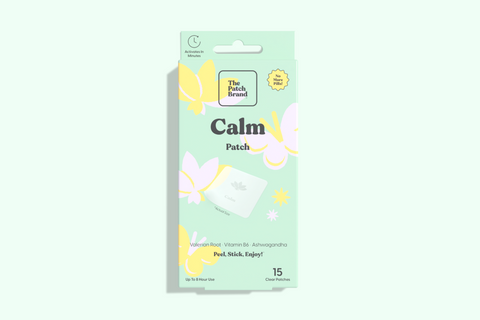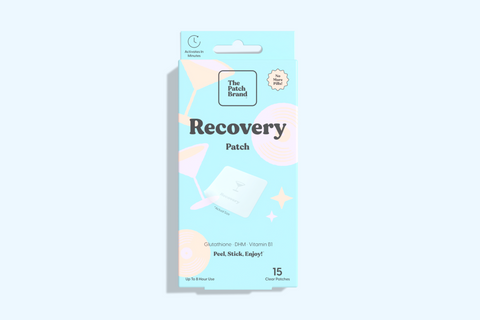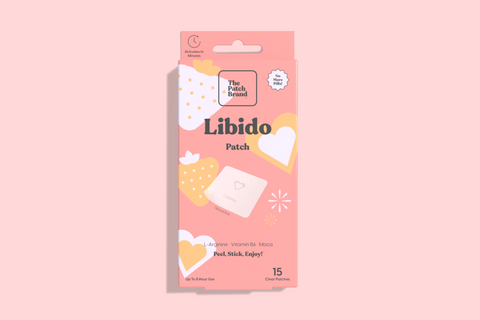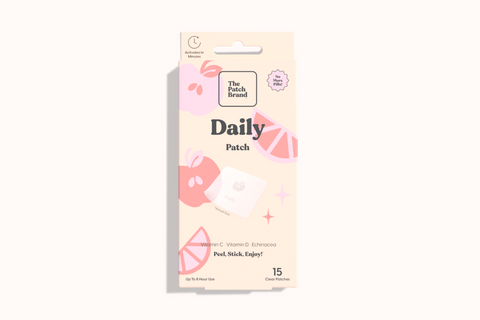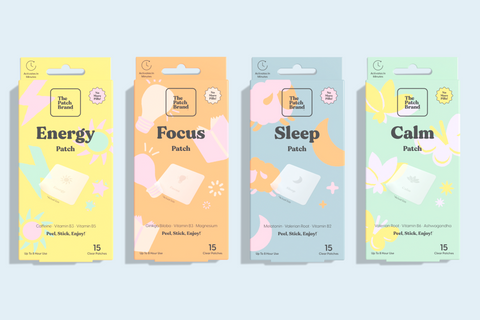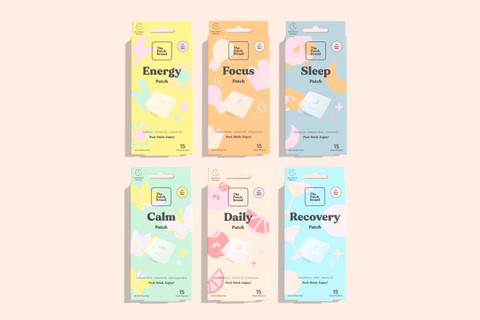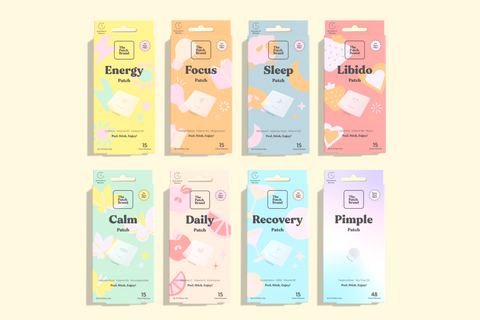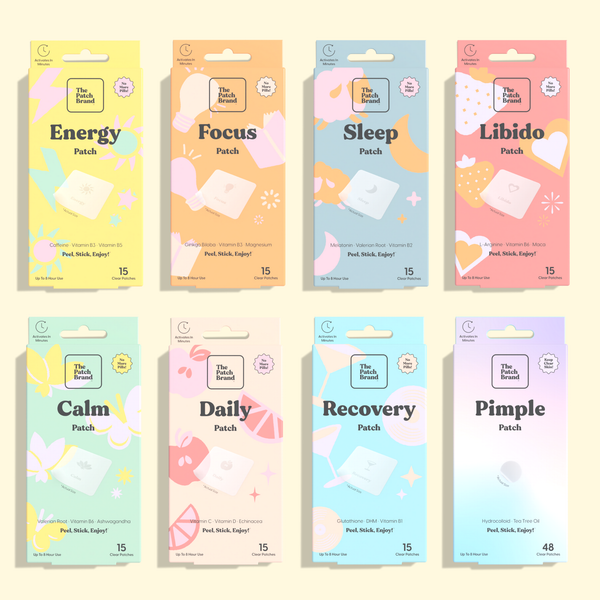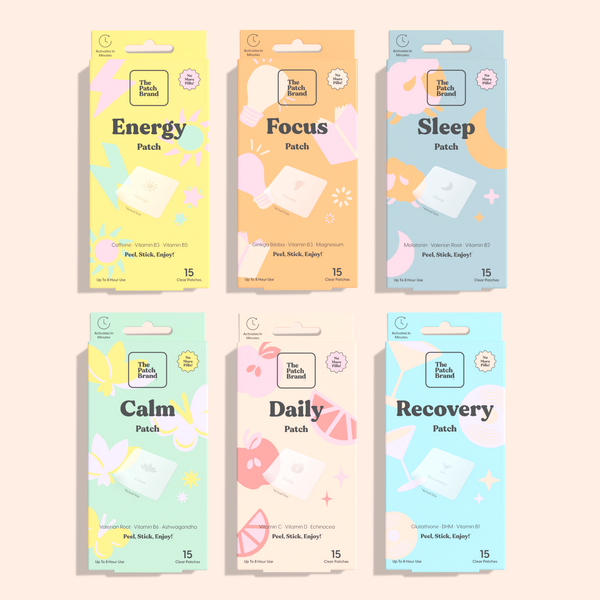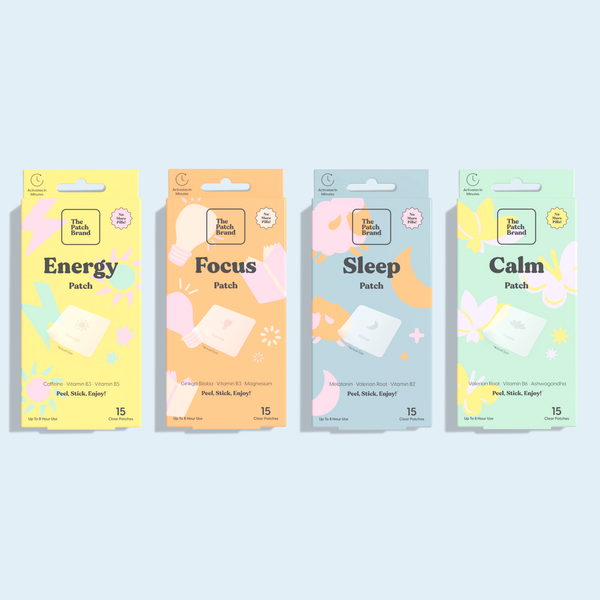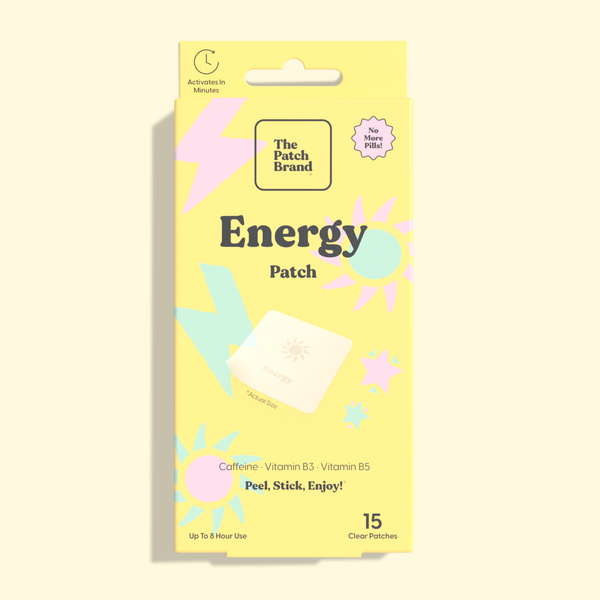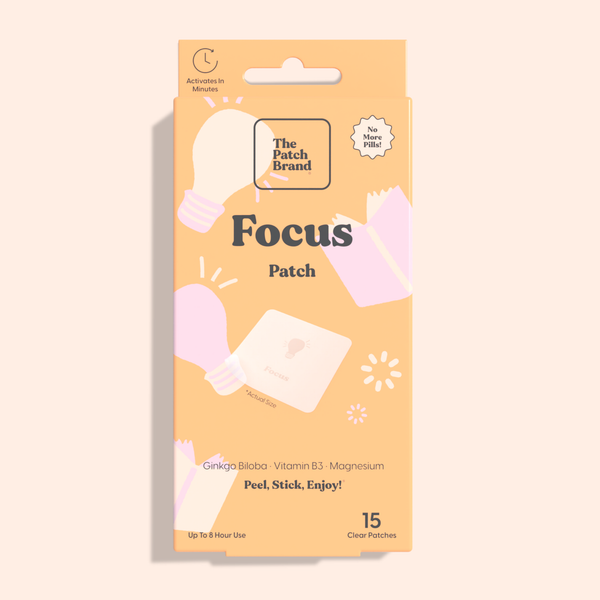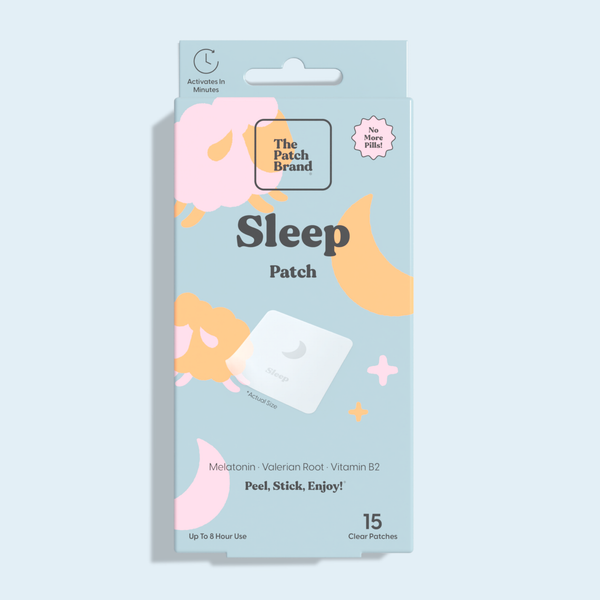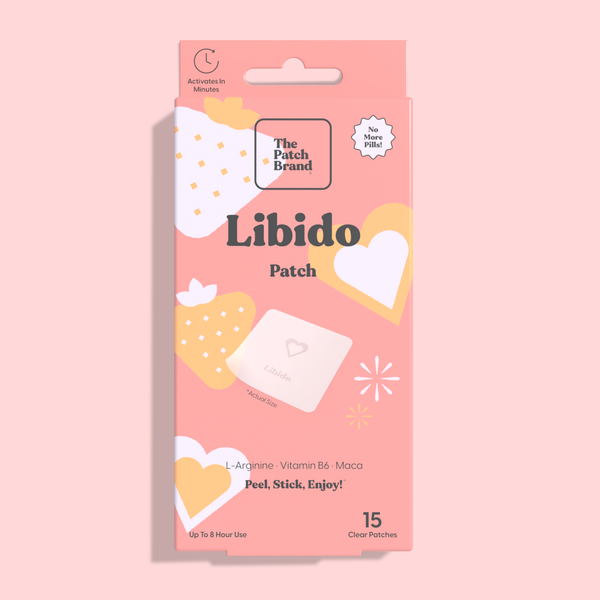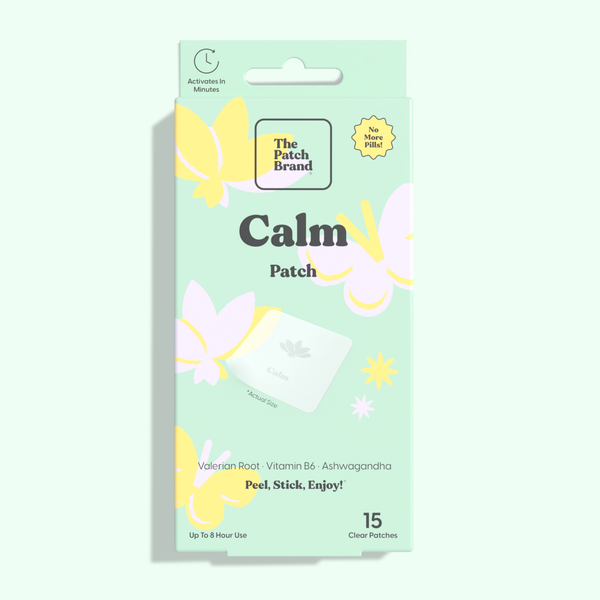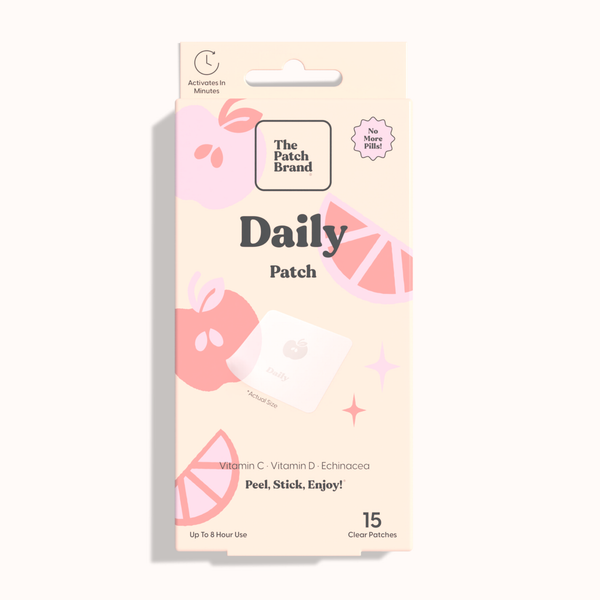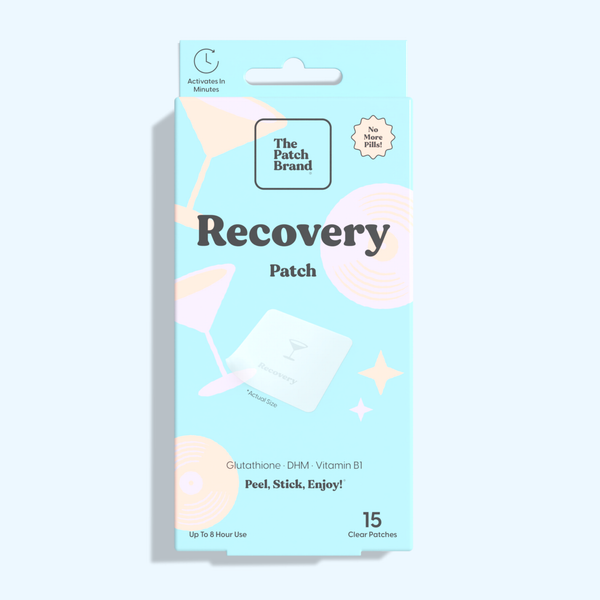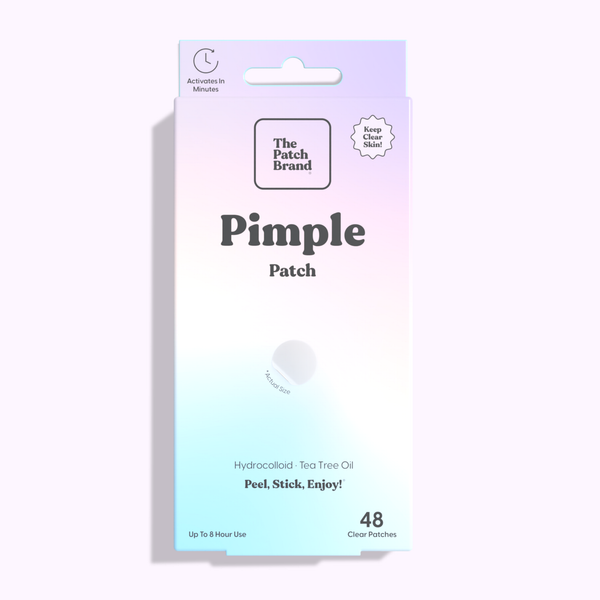In today's fast-paced world, maintaining optimal health can often take a back seat to the demands of our busy lives. However, the importance of a robust immune system cannot be overstated, particularly as we navigate through seasonal health challenges like the cold and flu season. To keep our defenses strong and resilient, it's crucial to focus on holistic health strategies that include diet, sleep, physical activity, and more. This blog explores practical and accessible ways to boost your immunity and enhance your overall well-being.

Get Enough Sleep
Prioritizing sufficient sleep is crucial for maintaining optimal health and well-being. Numerous studies highlight that consistently achieving 7-8 hours of sleep each night significantly enhances the functioning of the immune system. A well-rested body is more adept at fighting off infections and managing inflammation, reducing the likelihood of falling ill. Additionally, adequate sleep plays a pivotal role in stress management. During sleep, the body undergoes various processes that help mitigate the adverse effects of stress, including the regulation of stress hormones like cortisol. By maintaining a regular sleep schedule, you can help keep your stress levels in check, which in turn, supports overall mental health and emotional resilience.
Sleep is essential for memory consolidation—the process by which short-term memories are strengthened and transformed into long-lasting ones. This is particularly critical for learning and retaining new information. Furthermore, sleep is instrumental in maintaining concentration and alertness. A lack of sleep can lead to decreased attention and focus, making it more challenging to perform tasks that require cognitive precision. By ensuring you receive adequate rest, you can enhance your memory, improve your concentration, and increase your overall productivity during waking hours.
Eat A Balanced Diet
Eating a balanced diet is crucial for maintaining optimal health and enhancing overall well-being. By including a variety of essential nutrients, vitamins, and minerals in your daily meals, you can significantly reduce the risk of developing chronic diseases, decrease stress levels, and boost your energy. Effective planning is vital for making informed and healthy meal choices consistently. A diverse diet that incorporates a broad range of food groups can provide the necessary components for a healthy lifestyle. Here's a look at some key components of a balanced diet:
-
Fruits: Fruits are a rich source of essential vitamins, minerals, and fiber. Including a variety of fruits in your diet, such as apples, oranges, berries, and bananas, can help enhance immune function, reduce inflammation, and support digestive health. They are also low in calories and fat, making them a healthy choice for maintaining weight. Aim to consume a mix of different fruits to get a broad spectrum of nutrients.
-
Vegetables: Vegetables are fundamental to any nutritious diet, providing vitamins such as A, C, and K, and minerals like iron and potassium. They are also high in fiber, which helps maintain bowel health and regulate blood sugar levels. Including a range of colorful vegetables like spinach, carrots, and bell peppers ensures a wide intake of protective antioxidants.
-
Whole Grains: Whole grains, such as brown rice, quinoa, oats, and whole wheat, are important for a balanced diet. They are richer in fiber and nutrients compared to refined grains, which helps in improving digestion and reducing the risk of heart disease. Regular consumption of whole grains can also help in maintaining healthy blood sugar levels and contribute to prolonged satiety.
-
Low-Fat Dairy Products: Low-fat dairy products, including milk, yogurt, and cheese, provide essential nutrients such as calcium, potassium, vitamin D, and protein. They are vital for bone health and help prevent osteoporosis. Choosing low-fat options helps reduce the intake of saturated fats, supporting heart health without sacrificing the benefits of dairy.
-
Fish: Fish is a great source of protein and omega-3 fatty acids, which are beneficial for heart health and cognitive functions. Fatty fish like salmon, mackerel, and sardines are particularly high in these fatty acids.
-
Poultry: Poultry, such as chicken and turkey, offers high-quality protein with a lower fat content than some red meats. It is also a good source of several B vitamins and minerals such as zinc. Incorporating poultry into meals can be a step towards a balanced diet, supporting muscle growth and overall health.
-
Nuts: Nuts are packed with protein, healthy fats, and fiber. Varieties such as almonds, walnuts, and cashews can help reduce cholesterol levels and promote heart health. Nuts are also rich in antioxidants and vitamins, making them a great snack for maintaining energy levels throughout the day.
-
Seeds: Seeds, including flaxseeds, chia seeds, and pumpkin seeds, are small but nutrient-dense. They provide essential fatty acids, proteins, and a range of micronutrients. Eating seeds regularly can improve immune system function, lower inflammation, and strengthen your heart.
-
Olive Oil: Olive oil is a cornerstone of the Mediterranean diet, known for its benefits in reducing the risk of heart disease and promoting healthy aging. It is rich in monounsaturated fats and antioxidants. Using olive oil for cooking or in dressings can help in absorbing nutrients more effectively and maintaining healthy cholesterol levels.
Incorporating a variety of these foods into your daily diet not only ensures a broad intake of important nutrients but also adds delicious flavors and textures to your meals, making healthy eating more enjoyable. Remember, a balanced diet is best achieved when combined with regular physical activity and adequate hydration.

Exercise Regularly
Regular exercise significantly influences metabolic health. It aids in burning excess fat and calories, which is vital for maintaining a healthy weight and preventing obesity—a significant risk factor for numerous diseases including type 2 diabetes, cardiovascular disease, and certain types of cancer. Exercise stimulates various bodily processes that help regulate blood sugar and cholesterol levels, contributing to improved heart health and reduced risk of metabolic syndrome. Furthermore, physical activity increases the body's sensitivity to insulin, which is crucial for blood sugar management. Engaging in different forms of exercise, such as aerobic activities, strength training, and flexibility exercises, can cater to different aspects of physical health, enhancing overall energy levels and stamina.
The psychological benefits of exercise are profound and well-documented. Regular physical activity is associated with the release of endorphins, often referred to as "feel-good" hormones, which can help elevate mood and reduce feelings of depression and anxiety. This biochemical boost contributes to a better sense of well-being and can significantly improve mental health. Exercise also promotes better sleep patterns, which is a critical component of both physical and mental health.
Avoid Smoking & Excessive Alcohol Consumption
One of the best ways to care for your health is to avoid smoking and excessive alcohol consumption. Smoking has been determined to cause a slew of health issues, ranging from cardiovascular diseases to cancer. Likewise, drinking too much alcohol can take its toll on major organs, like the liver, as well as increase the chances of having high blood pressure and cause heart problems.
When seeking to replace unhealthy habits such as smoking or excessive drinking, there are numerous activities that not only offer healthier choices but also promote overall well-being. These alternatives can help in enhancing physical health, mental stability, and emotional satisfaction. Each option presents an opportunity to foster better habits and enhance one's quality of life:
-
Taking a Walk Outdoors: Regular walks outdoors are more than just exercise; they're a chance to reconnect with nature, which can have profound effects on your mood and health. Immersing yourself in natural surroundings helps to reduce stress levels and increase feelings of happiness and peace. Whether it's a brisk walk in a local park or a leisurely hike through a forest, the combination of physical activity and exposure to fresh air and natural light can boost your physical and mental health significantly.
-
Engaging in Activities with Friends and Family: Participating in activities with loved ones is not only fun but also crucial for maintaining strong social bonds. These interactions can significantly enhance your mental health and provide a supportive network to help cope with daily stresses. Group activities such as playing sports, card games, or having regular meal gatherings can foster feelings of belonging and joy, reinforcing positive emotions and reducing feelings of loneliness or isolation.
-
Trying New Hobbies: Exploring new hobbies can lead to a world of benefits, from acquiring new skills to increasing personal fulfillment. Whether it's learning a musical instrument, painting, gardening, or coding, engaging in hobbies can stimulate your mind and body in exciting and fulfilling ways. This exploration not only brings a sense of achievement but also keeps your mind engaged and often opens up new social opportunities through communities and classes.
Incorporating these healthier alternatives into daily life not only displaces less healthy habits but also contributes significantly to improving one's lifestyle. Making small changes can lead to significant improvements in overall health and well-being, encouraging a more balanced and fulfilling life. These activities not only improve personal health but also bring joy and a greater sense of community and accomplishment to everyday life.
Practice Good Hygiene
Good hygiene practices are fundamental to maintaining health and preventing the spread of infectious diseases. Regular handwashing with soap and warm water stands as one of the most effective methods to reduce the spread of pathogens. This simple yet critical behavior disrupts the transmission of viruses and bacteria that can be acquired from touching contaminated surfaces or direct contact with sick individuals. It is especially important to wash hands after using the bathroom, before eating or preparing food, and after coughing or sneezing. This habit not only protects oneself but also limits the potential spread of germs to others, particularly those who may be more susceptible to severe infections, such as the elderly or those with compromised immune systems. Avoiding close contact with people who are unwell is crucial in preventing the transmission of infectious diseases. Diseases such as the flu, common cold, and other respiratory infections are primarily spread through respiratory droplets.

Vitamin Patches
Multivitamin patches are a revolutionary way to get your daily intake of essential vitamins and minerals. They can be applied directly to the skin with no water or food required, allowing for convenient absorption through the bloodstream. This can be especially beneficial for those who have difficulty digesting pills or struggle to remember to take their supplements each day. A multivitamin patch is an easy and effective way to ensure you are getting all the nutrients your body needs to stay healthy and vibrant.
Vitamin Patches For Sleep
These patches can also be used to help improve sleep quality. Several vitamins, such as B12 and magnesium, are known for their calming properties.
Sleep patches can be applied just before bedtime to help promote relaxation and restfulness, allowing for a more restorative night’s sleep.
Vitamin Patches For Energy
Vitamin patches are not only great for sleep, but they can also be used to help boost energy levels. B12 and iron are both known for their energizing effects and applying these nutrients directly to the skin is a great way to get an extra dose of energy throughout the day. Vitamin patches can provide a non-invasive approach to staying alert and energized!
Adopting a comprehensive approach to health that includes sufficient sleep, a balanced diet, regular exercise, avoiding harmful habits, engaging in enriching activities, practicing good hygiene, and supplementing wisely with innovative solutions like vitamin patches, is crucial for maintaining a robust immune system and achieving overall well-being. These strategies are not only pivotal in warding off illness but also play a significant role in enhancing the quality of our lives. Embracing these habits means committing to a lifestyle that values long-term health and vitality. By making consistent, informed choices, we empower ourselves to lead healthier, more fulfilling lives.



